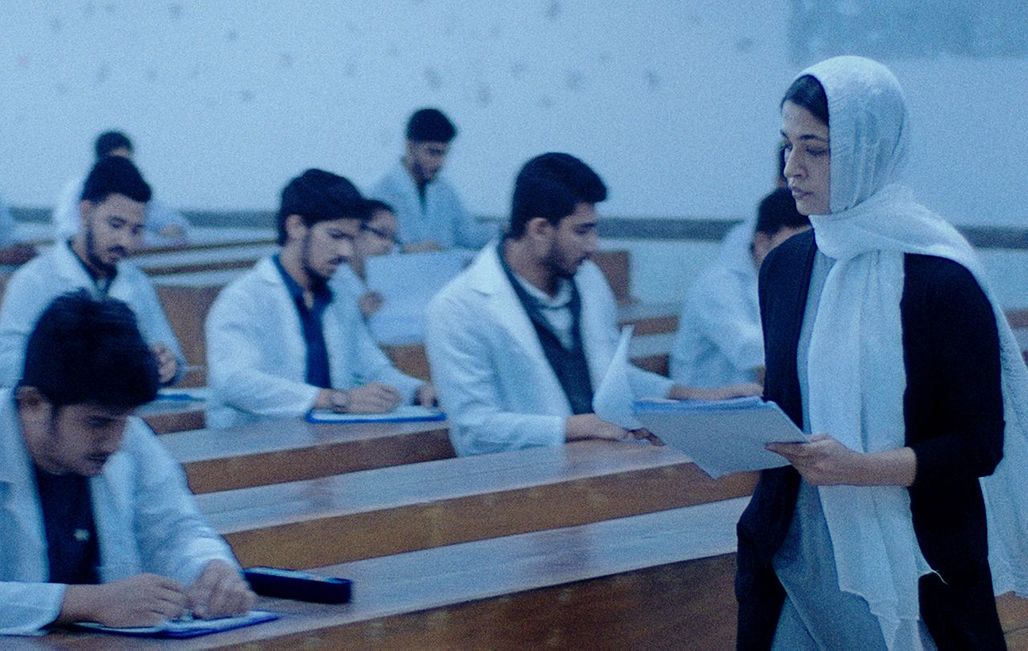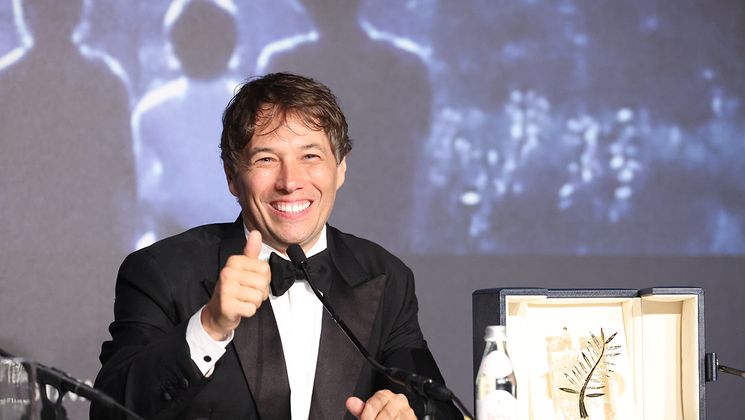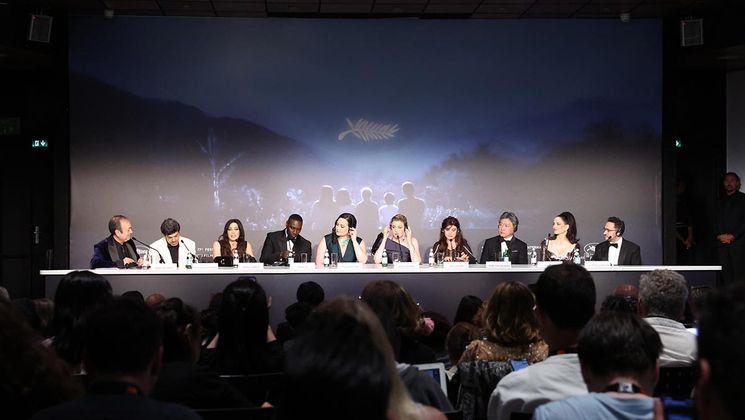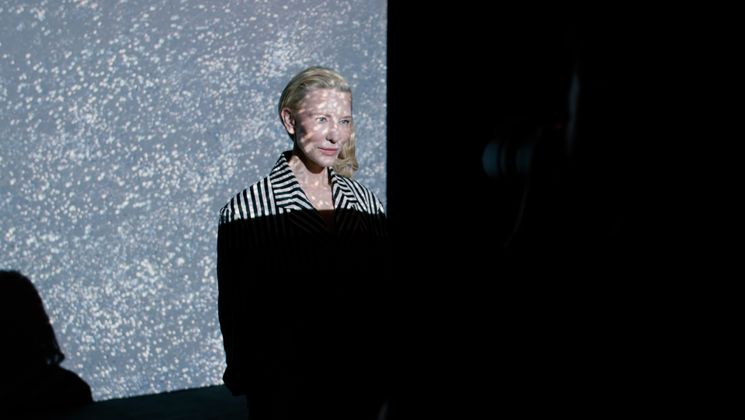
Rehana Maryam Noor as seen by Abdullah Mohammad Saad

Bengali filmmaker Abdullah Mohammad Saad presents his film Rehana Maryam Noor at Un Certain Regard. His camera follows Rehana, an assistant professor at a university hospital played by Azmeri Haque Badhon, as she embarks on an extraordinary quest for justice.
What inspired you to begin work on this film?
I was actually working on a different project, when I realised that I couldn't possibly understand the reality of my central character as much as I would have liked. Rehana, on the other hand, felt much more familiar to me and had been on my mind for some years. I grew up in a big family with three older sisters, who had a profound influence on me. I suppose my deep-rooted connection to Rehana made me decide to go back to her.
What was atmosphere like on set? Do you have any anecdotes to share?
Although I had spent a long time preparing to shoot this film on a closed set, I found it very hard to shoot for five weeks in such a confined space. It was very difficult for me to organise the blocking of more than a hundred scenes in the same location day after day. Part of the difficulty was also because I had set limitations for myself and my team. For example, we shot the whole film with only a 50mm lens. Every day felt like a maths test to me.
Can you tell us a bit about your actors?
I was truly lucky to find Azmeri Haque Badhon. She was absolutely committed to this film from day one, and worked unimaginably hard to portray all the layers of Rehana Maryam Noor. She rehearsed with us for nine months, set everything else aside, and put all her trust in me. It was electric to watch her perform on set.
What did you learn during the course of making this film?
I would say it made me understand a little bit more about the value of patience and resilience.
What inspired you to become a filmmaker? What were the sources of your inspiration?
I really don't know how I ended up becoming a filmmaker. It's not something I wanted to do from an early age. Watching films in the cinema wasn't particularly common in my family. Perhaps the reason is that I failed at everything else in my life, but through it all, filmmaking continued to grow on me. Eventually, I realised that maybe I could do it, maybe I could become a filmmaker.


